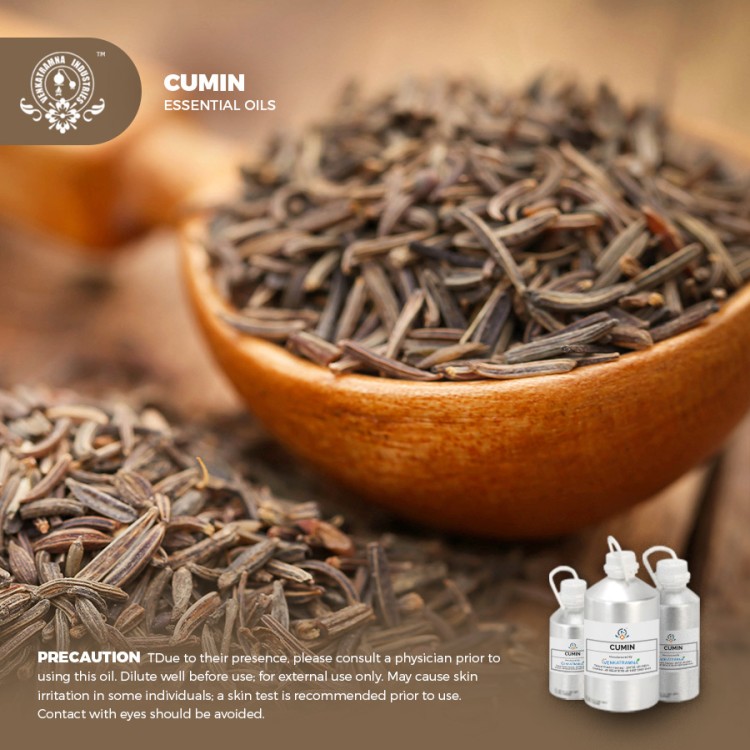
Cumin seed oil, a golden-hued liquid with a warm, earthy aroma, has been a treasured ingredient in traditional medicine and culinary practices for centuries. This lesser-known essential oil is extracted from the seeds of the cumin plant (Cuminum cyminum), a member of the parsley family. While cumin seeds are a staple spice in many cuisines, the oil derived from them offers a wealth of benefits that extend far beyond the kitchen.
Extraction and Composition
Cumin seed oil is typically extracted through steam distillation or cold pressing, resulting in a rich, viscous liquid with a distinct flavor and aroma. The oil's chemical composition is characterized by a high concentration of monoterpenes, sesquiterpenes, and aldehydes, which contribute to its therapeutic properties.
Traditional Uses in Ayurvedic Medicine
In Ayurvedic medicine, cumin seed oil is valued for its digestive, anti-inflammatory, and antimicrobial properties. It is often used to treat a range of health issues, including indigestion, bloating, and respiratory problems. The oil is also believed to promote mental clarity, reduce stress, and enhance overall well-being.
Aromatherapy Benefits
The aromatic properties of cumin seed oil make it an excellent addition to aromatherapy blends. When inhaled, the oil can:
Skincare and Beauty Applications
Cumin seed oil is also a valuable ingredient in skincare and beauty products, thanks to its:
DIY Recipes and Blends
Try incorporating cumin seed oil into your daily routine with these simple recipes:
Cumin seed oil is a versatile, natural ingredient that offers a wealth of benefits for physical, emotional, and mental well-being. Whether used in aromatherapy, skincare, or traditional medicine, this golden elixir is sure to become a treasured addition to your natural health arsenal.

|

|
Currently, there are no comment.
Login to comment